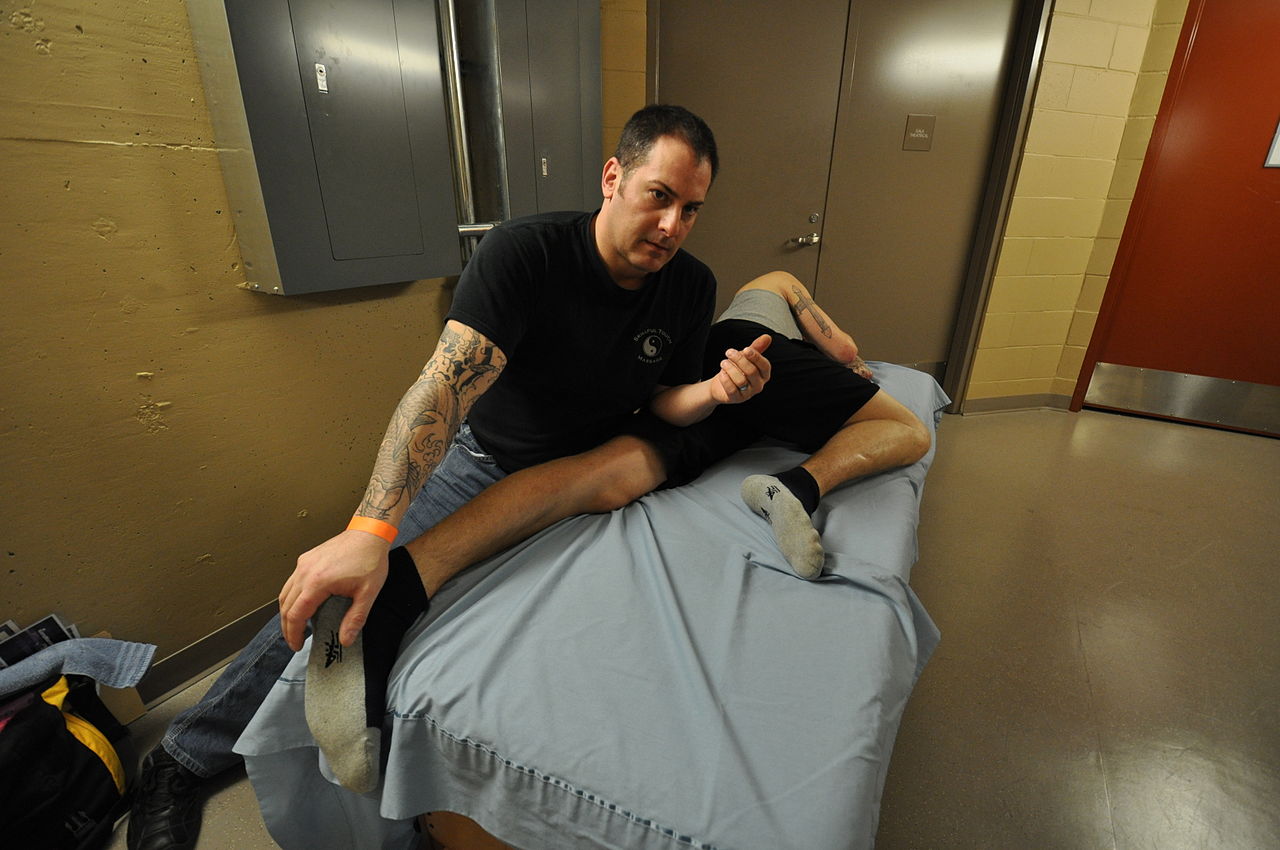 The mental health care sector is multidimensional. To have a career, you will need to know what’s in store for you and what career paths are available. Once you can acquire the relevant knowledge, you will diagnose and care for your patients. You will understand the various conditions you will have to tackle, such as mental problems that can be emotional or physiological. Your guidance and skills may be precisely what this sector needs. Here is a list of some careers you can look into for your job:
The mental health care sector is multidimensional. To have a career, you will need to know what’s in store for you and what career paths are available. Once you can acquire the relevant knowledge, you will diagnose and care for your patients. You will understand the various conditions you will have to tackle, such as mental problems that can be emotional or physiological. Your guidance and skills may be precisely what this sector needs. Here is a list of some careers you can look into for your job:
1. Clinical Psychologist
As a psychologist, you will work with people who can have extenuating conditions that could be emotional or behavioral. You will help your clients track the root cause of their problems and help them find solutions for their situation, and ease their illnesses. In a traditional office setting, you will review the relevant literature based on your client’s conditions and make necessary treatments.
You may need to provide references to other therapists and send them to the hospital in some instances. You may even choose to work as a school psychologist and work with students assessing their core problems such as struggling with academics and having trouble with communication. You will be responsible for developing wellness programs and help educators in connecting with their students. As a clinical psychologist, you will work 40 hours a week and have a schedule based on your preferences.
Education. It may take you as little as eight years or as long as twelve years to become a licensed psychologist. You may start by earning an undergraduate degree in psychology or any relevant social science degree.
Following this academic requirement, you will need to pursue a masters degree to delve deeper into the field. You can find many lucrative online programs such as a masters in counseling online. If you also wish to take up research while practicing psychology, look into doing a Ph.D.
2. Family Therapist
As a therapist, your work will revolve around helping families and couples restore balance to their personal lives. As a marriage therapist, you will help families understand their problems and provide them with a fresh perspective while working on their relationships. You will help couples and individuals through anxiety, low self-esteem, and substance abuse. You will emphasize their role in a family and in a marriage and how their decision impacts the entire family structure. You will take assessments and make accurate treatment programs. You will document their progress and inform them how much they’ve progressed. You will work a regular 40 hours a week with a schedule based on your needs.
Education. You will need to advance your education till a masters Go for family or marriage therapy. As always, earn your Bachelor’s degree, which can be in counseling or any related area of study. Your graduate coursework should cover marriage and families. You will initially carry out your practice under the supervision of a trained psychologist before launching your career.
3. Social Worker in Clinical Settings
As a clinical social worker, you will assist people in coping with their challenges in their lives. These include mental health issues such as cognitive, behavioral, and emotional disorders. You may work with families or children dealing with critical mental health cases, substance abuse, or healthcare. As a social worker, you will conduct initial assessments of a client’s situation to determine needs and goals.
You will provide necessary crisis intervention and ensure their records comply with policies and regulations, and procedures. Finally, you will coordinate treatment plans and help families reshift towards a better and healthier life. You will work a regular 35 to 40 hours a week. Your schedule is adjustable according to your needs, and you won’t have to pull an over-time.
Education. As a social worker, you will need at least a Bachelor’s degree. Look towards earning a bachelor’s in social work (BSW) or get a degree in psychology or sociology. Some positions may require you to have a masters in social work. All educational programs for becoming a social worker require specific fieldwork. With the relevant experience, you can then appear for your license.
4. Psychiatric Nurse
As a psychiatric nurse, you essentially are a nurse (RN), except that you pursue a professional specialization. With your profession, you will be working with patients with many challenges and disorders that could be dangerous. You will carry out many tasks such as administering medications, starting IVs, and performing appropriate treatments and procedures. You will also be responsible for recording their health status and making sure their information stays updated. As a psychiatric nurse, you will work 37.5 hours a week. You may need to perform the weekends and pull over-time when necessary.
Education. As a registered nurse, you will need a bachelor’s in nursing (BSN) or another degree associated with nursing (ADN). You may also look into a diploma in nursing. Once you have the relevant educational credits, you may sit for your license.
5. Counselor of Mental Health
As a mental health counselor, you will help people cope with emotional and mental disorders. These clients may be struggling with drugs and alcohol addiction or trapped in abusive households. You will help them accept their shortcomings and find ways to elevate them out of their problems. You will analyze their behavior and provide suitable responses and treatment plans to overcome their obstacles.
A mental health counselor deals with routine and severe mental health issues such as depression, self-harm, anxiety, and in extreme cases, Schizophrenia. As a counselor, you may work 40 hours a week. You may have to work the weekends or take up evening shifts for patients who can’t come during the day.
Education. As a mental health counselor, you may need a masters degree in a mental health-related field of study. You have to educate yourself on counseling of mental health, psychology, or social work. You will start with a bachelor’s in psychology and extend your skills to a masters degree. Once you have your required fieldwork hours and degrees, you will sit for a licensing exam.
Wrap Up
There are many paths you may choose from in mental health. As a clinical psychologist, you will help patients in overcoming mental health crises. Like a marriage or family therapist, you will help couples restore balance to their marital life. As a clinical social worker, you will tackle social issues such as an increase in substance abuse.
As a psychiatric nurse, you can fill in for a physician and register treatments. As a counselor, you will work with different patients to overcome their mental health needs. All of these are available for you if you choose to work in mental health.
